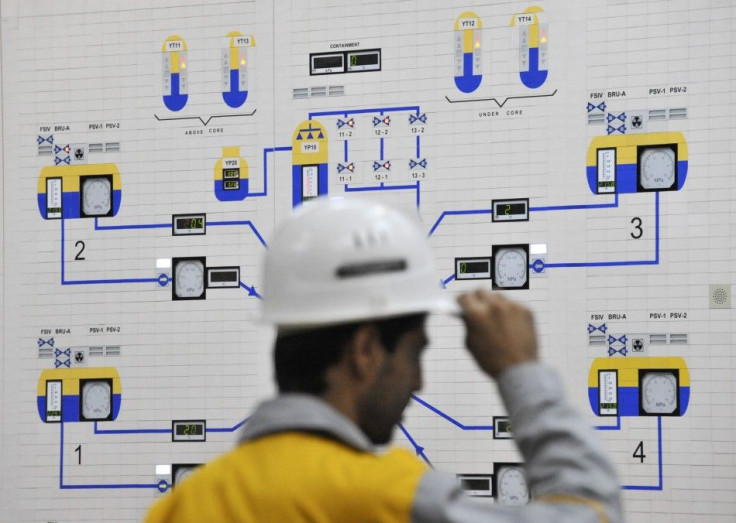CIA says it would catch Iran if it cheats on nuclear deal

Central Intelligence Agency, the reputed spy agency of the United States, has expressed confidence that any attempt by Iran to cheat on the recently signed nuclear deal will be caught. According to the number two man in CIA, the agency has a "high degree of confidence" that if Iran ever tried to breach the newly-signed, controversial nuclear deal, the U.S. intelligence community would catch them red handed in the act.
David Cohen, Deputy Director, CIA said this at the Aspen Security Forum. According to the top official, its assessment of the provisions in the Joint Comprehensive Plan of Action provides “the real-time, persistent access to cleared sites as well as a mechanism for getting scheduled access to suspicious sites, combined with capabilities and information for a reasonably high degree of confidence would be able to detect Iran if it tries to deviate from the requirements that they've signed up to in the JCPOA.” Cohen was referring to the Iranian sites where access had been provided to International Atomic Energy Agency inspectors, as stipulated in the agreement.
Robert Cardillo, head of the National Geospatial-Intelligence Agency also concurred with the CIA officer’s statement and said his agency is in sync with what Cohen said. "From the physical nature of that which they need to adhere to remain complaint, I think we've got a very good capability to do that, of course with the IAEA's assistance," he said at the panel.
Close on the heels of Cohen and Cardillo's comments, the Director of National Intelligence James Clapper addressed the issue, saying no agreement could give the U.S. "100 percent certitude" that the intelligence agencies are watching everything, but the deal was a "good thing" from an intelligence standpoint. Clapper said the intelligence community has provided U.S. lawmakers with an annex in “excruciating detail" about U.S. capabilities to monitor Iranian nuclear activity.
Already the caution by critics that Iran may try to cheat was evident in the words of Vice President Joe Biden, who said. , “if they did try to cheat, under a deal that we're talking about, they would be far more likely to be caught. Because as this deal goes forward, we’ll also put in place the toughest transparency and verification requirements, which represent the best possible check against a secret path to the bomb."
Significant Comments
Cohen also mentioned the U.S. government’s access to “other information and capabilities,” as a way to ensure Iran’s cooperation, though he refused to add more information on that. Cohen’s comments assume importance as one of the major public statements by a CIA official, ever since Iran, and six world powers reached the nuclear agreement.
(For feedback/comments, contact the writer at feedback@ibtimes.com.au)




















